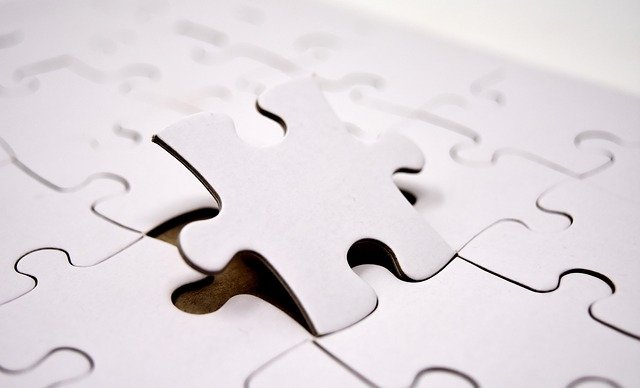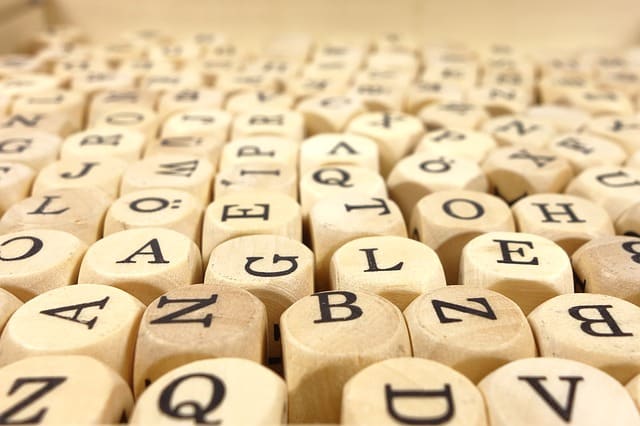
Memorizing is storing encoded data
Memorizing is the process that allows content to be established in memory . Memory , on the other hand, is called the psychic capacity through which it is possible to retain and remember data from the past .
Encrypted data storage
The act of memorizing, therefore, consists of the encoding and storage of data at the brain level . This is linked to learning , which takes place when knowledge and skills are acquired and modified.
Neurons and the interconnections that are forged between these cells (that is, the synapse ) are key when memorizing. According to the temporal scope of the record, we can differentiate between short-term (temporary) memory and long-term (permanent) memory .
Many times you can memorize something through repetition . It is common for a student, before taking an exam, to repeat the concepts or main ideas to memorize them. The problem is that the most useful learning is that which enables the rescue, transformation and contextualization of the contents, for which it is essential to understand them. In some cases, however, the person can memorize without understanding what they repeat.
Learn to memorize
Our brain cannot avoid storing data , although this does not mean that it does so arbitrarily. It has its own criteria, which are developed and perfected according to our experiences. Its behavior and its relationship with us is very peculiar: although "we are its owners", we cannot control it one hundred percent, but we can sculpt it so that it responds to our needs and helps us meet our objectives.
If we could travel in time, we could verify that the brain of the same person works differently depending on their tastes, hobbies, cultural interests and activities . Spending entire days in front of the television is not the same as studying eight hours of piano a day: while the brain of the former lacks judgment in the face of the seemingly arbitrary bombardment of data, the brain of the latter specializes in memorizing intervals, melodies, tensions between chords, etc.
Mnemonics
Mnemonics , on the other hand, is the technique that helps memorize from mental associations . By storing data such as images that are extravagantly associated with what is already known, memory is facilitated.
A very popular mnemonic rule consists of making fists and counting the knuckles and cavities to remember which months have 31 days and which have fewer: the months that coincide with a knuckle are 31 days, while the rest are 30, 29. or 28 (these last two options correspond to February, depending on whether it is a leap year or not). In this way, you make a fist and start with the knuckle of the little finger (January), then comes a cavity (February), the knuckle of the ring finger (March), another cavity (April) and so on.

The brain has its own rules for memorizing
It is important to note that the methods used by mnemonics to memorize words and concepts are based on the rules of the brain itself , as if it were a question of "exploiting a vulnerability" of an operating system to access parts that are not open to the user. Those who use mnemonics for their studies, for example to memorize the Chinese alphabet by associating the characters with different images, can speed up the process considerably; However, we must not fail to mention that the price to pay is a slowdown in the search for what has been learned when using it.
Let's return to the example of months and the number of days. While a person who learns it spontaneously simply searches his brain for the information he needs (such as, "how many days are there in July"), someone who has relied on mnemonics must inevitably resort to his closed fist to pass knuckle by knuckle until you reach the seventh month and only then check, according to the corresponding rule, whether it is a month of 30 or 31 days.
